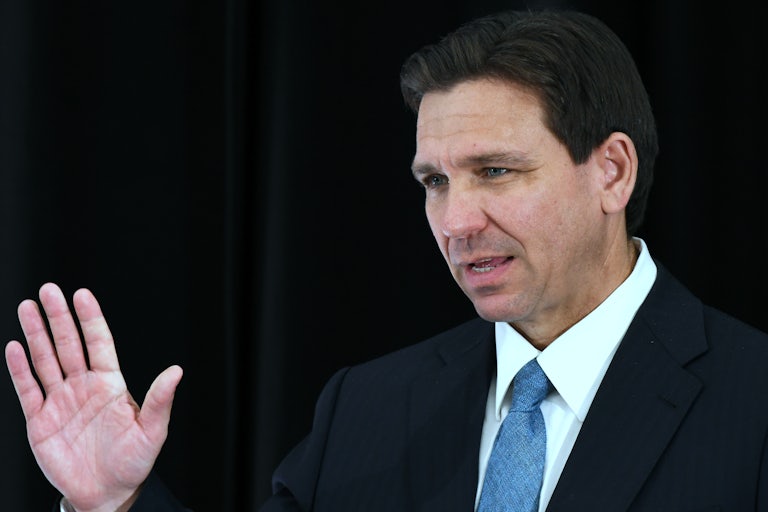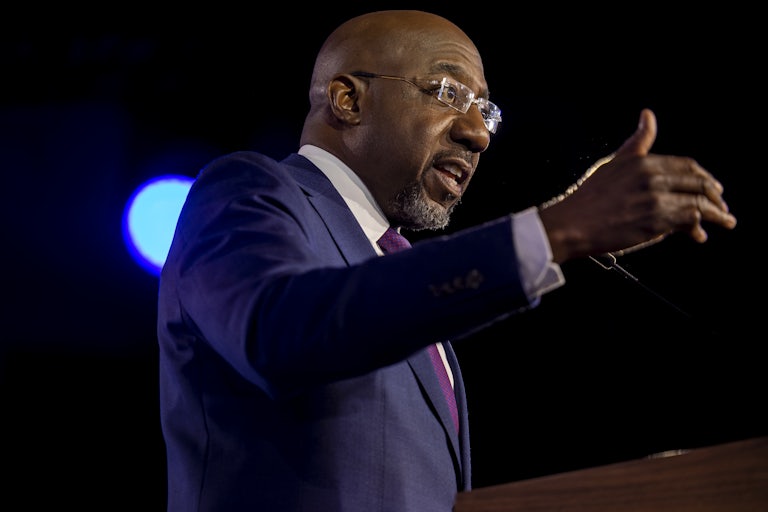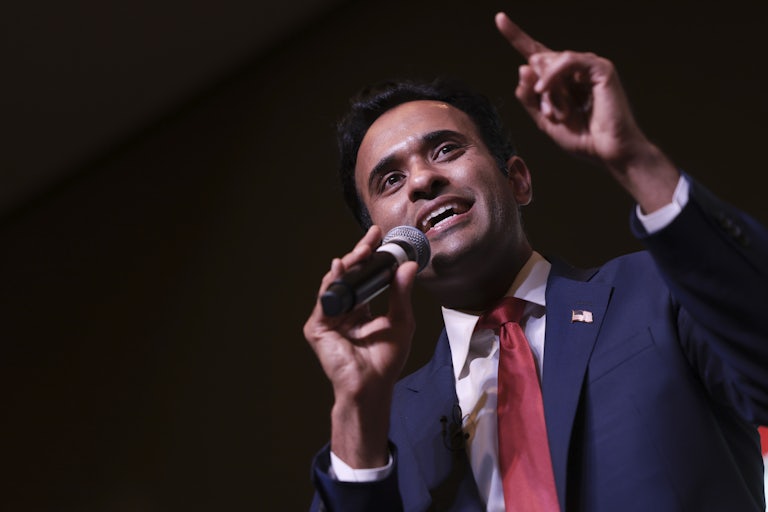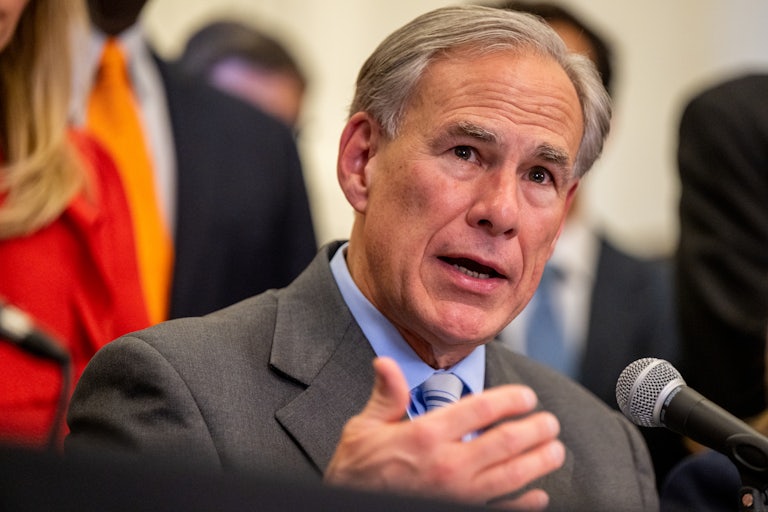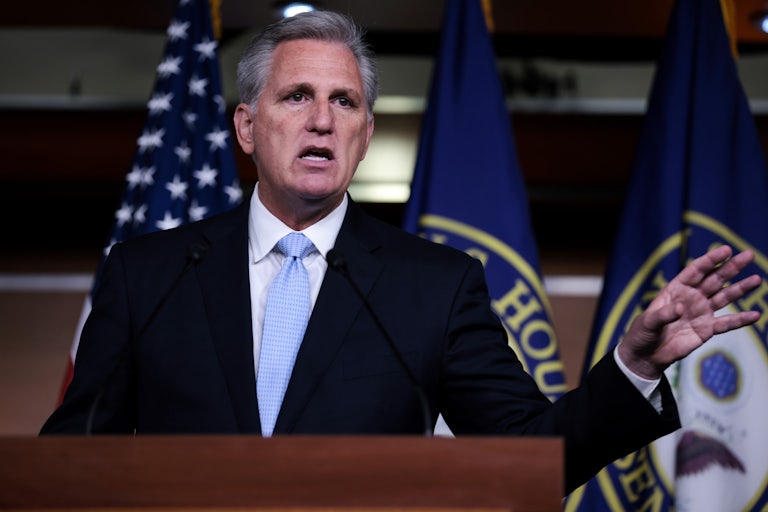Mike Lee’s Defense of Clarence Thomas Will Make You Lose Your Mind
The Republican senator is trying to support the Supreme Court justice amid mounting financial scandals. And, well, words do this post no justice.
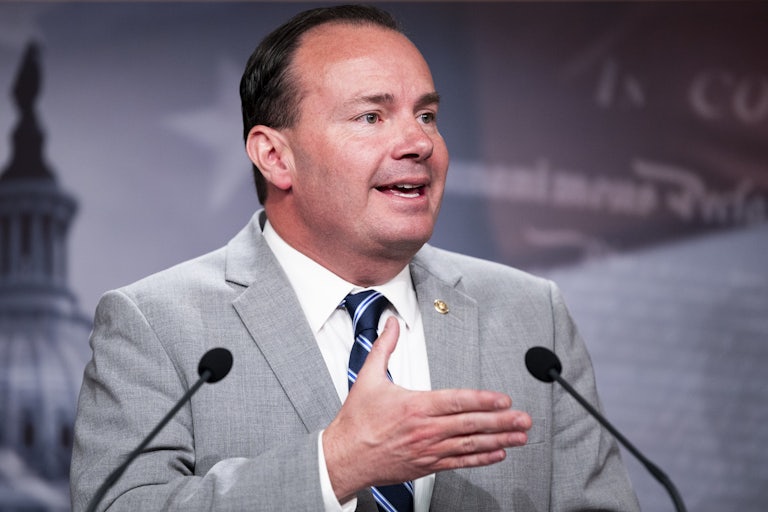
Senator Mike Lee has come rushing to Clarence Thomas’s defense over the Supreme Court justice’s ignominious financial dealings, and his latest argument will blow your mind.
Thomas is under fire (again) thanks to another ProPublica report on his shady relationship with Republican billionaire megadonor Harlan Crow. This time, ProPublica found that Thomas sent his grandnephew, whom he was raising, to private boarding school, and Crow paid the tuition. A bill showed Crow paid $6,000 for one month, and a school administrator told ProPublica that Crow paid for four years of tuition, including at another school. ProPublica estimated that the total cost could have been more than $150,000. Thomas disclosed none of it, of course.
Democrats have already been demanding Thomas resign, or at the very least be investigated, following other ProPublica reports that the justice didn’t disclose two decades’ worth of luxury vacations paid for by Crow. Crow also bought Thomas’s childhood home, where his mother still lives, which similarly went unreported.
And Mike Lee is having none of it.
More true than ever, 31 years later. https://t.co/TnMpkE90L2 pic.twitter.com/yulOGxfrkn
— Mike Lee (@BasedMikeLee) May 4, 2023
The Utah Republican is not alone in his full-throated but illogical defense of Thomas. The House Judiciary Committee also tweeted its support for the justice.
RT if you think Justice Thomas is the 🐐 pic.twitter.com/7V8YCGgapM
— House Judiciary GOP (@JudiciaryGOP) May 4, 2023
There’s no point in trying to analyze these weird statements. Republicans have been quick to argue that any condemnations of Thomas are either unfair judgment of a friendship or just plain racist.
In reality, it’s just a man flouting ethics and making a mockery of his workplace, the highest court in the country.

